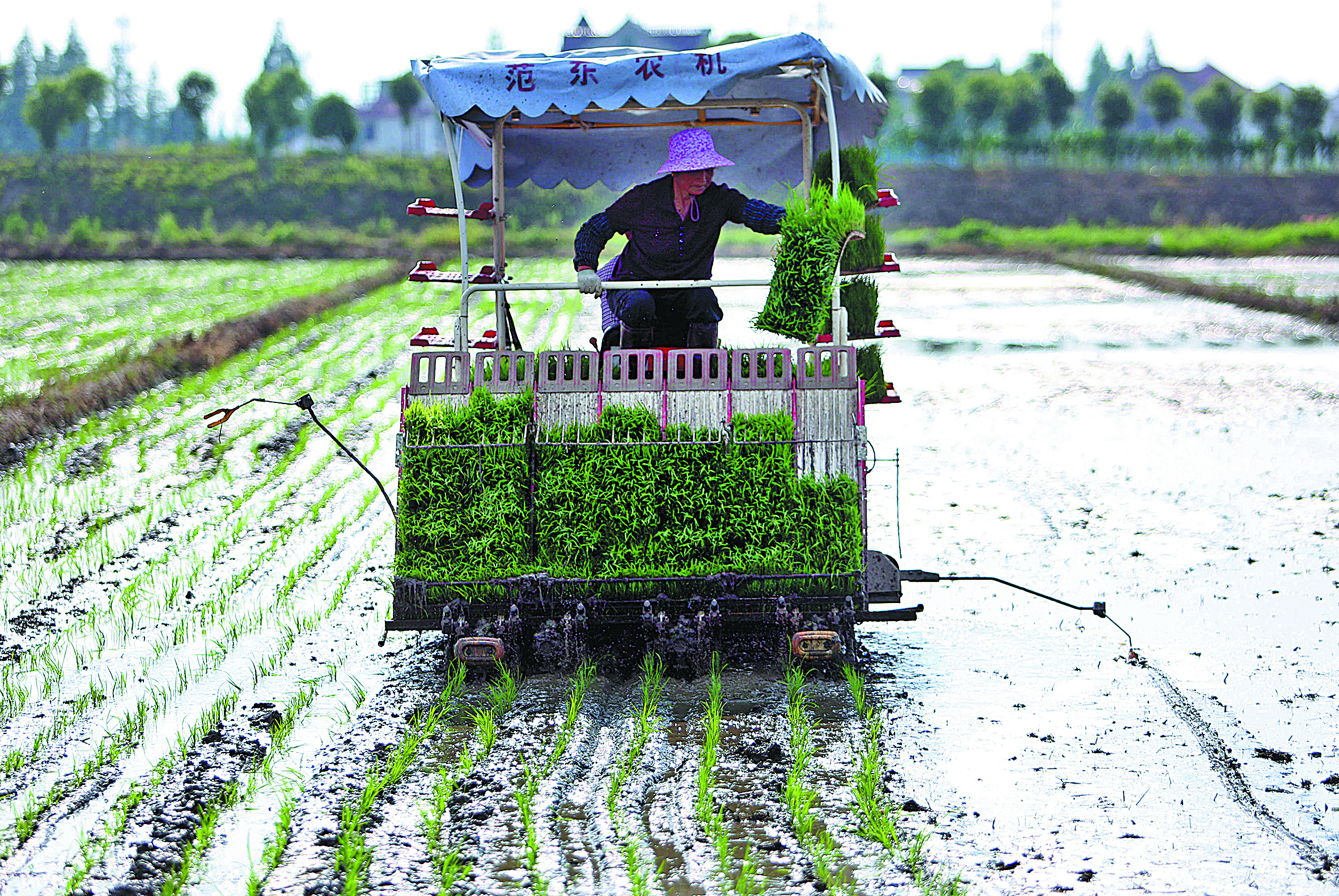Sowing seeds of success
Rural communities set to reap rewards of shared growth






Pole position
China's central authorities released a guideline in early June on building Zhejiang, one of China's most affluent provinces, into a demonstration zone for common prosperity.
The province in East China has a target to achieve common prosperity by 2035, with its per capita gross domestic product and the income of urban and rural residents reaching the standard of developed countries.
In August, a meeting of the Central Committee for Financial and Economic Affairs, which was chaired by President Xi Jinping, who is also general secretary of the Communist Party of China Central Committee, outlined steps to promote common prosperity through high-quality growth, calling for a phased approach to reach the target.
Zhejiang, with a population of about 65 million, boasts top enterprises led by the private sector. The latest plan is set to have it explore the path for common prosperity and show how the nation can tackle unbalanced and inadequate development.
A national action plan has already highlighted Zhejiang's rural development. Jointly released by the Ministry of Agriculture and Rural Affairs and the provincial government, the plan details multiple steps to build the economic powerhouse into a demonstration zone of rural vitalization in the next five years.
The plan stresses promoting common prosperity in agriculture and rural sectors. Agricultural progress and modernization are expected to be achieved in parts of the province's rural areas by 2025, with replicable practices and models generated.
The improvements on the ground felt by Xue Aijun in the village of Changfeng, in Jiashan's Ganyao township, clearly reflect the inroads made in Zhejiang's common prosperity lead.
Xue works under Zhejiang Jiayou Agricultural Development Co, which manages more than 480 hectares in Ganyao under a land transfer arrangement that guarantees incremental fees paid to its farmers. The company reported more than 21.78 million yuan paid out in transfer fees between 2018 and 2020 alone.
It hires and trains locals like Xue, who gain skills in administrative finance and cultural tourism on top of agricultural expertise, with 3.367 million yuan paid in wages, social insurance and housing just last year.
"Among nearly 50 of our employees, more than 90 percent are farmers. They get meaningful, rewarding work that upgrades their lives, homes and the whole community," company CEO Zhang Weiquan said.
Shen Qinwen, 62, is an agricultural specialist who trains farmers like Xue to maximize their paddies through state-of-the-art weeding and other farming techniques.
"I'm also a Jiashan resident," Shen said. "This arrangement, between modern enterprises and farmers, will help share the rewards of rural development."




















